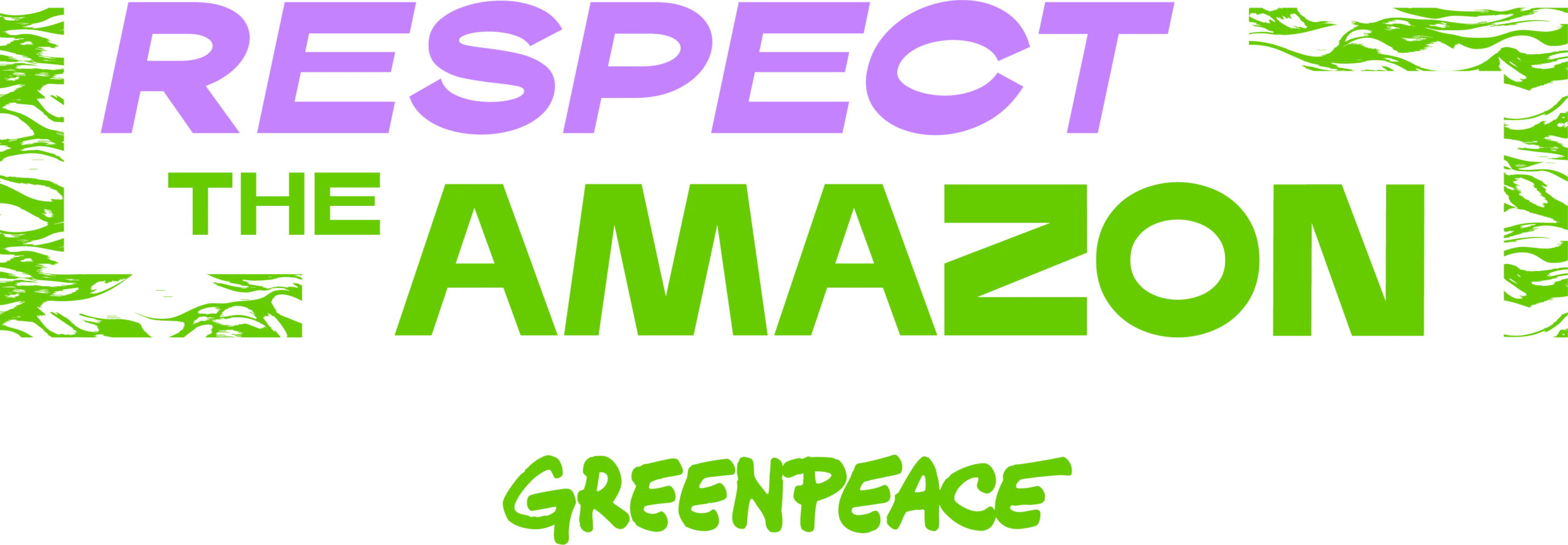Second audit of the Beef Terms of Adjustment of Conduct
In the second audit cycle of the Beef Terms of Adjustment of Conduct, JBS had a non-compliance rate of 8.3%, which included the purchase of 2,642 head of cattle sourced directly from land where illegal deforestation occurred after 2009, according to an audit report by the Federal Public Prosecutor’s Office (Ministério Público Federal – MPF).
